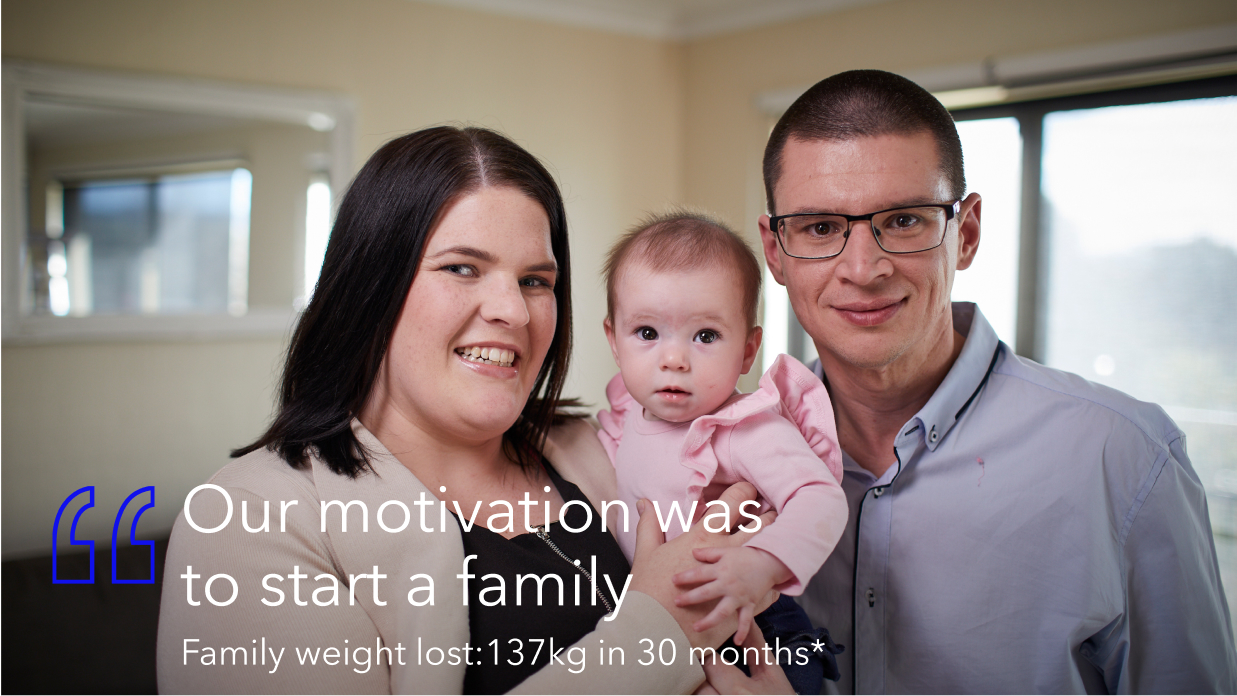Infertility and Obesity
What is the link between obesity and infertility?
Although there are many causes for infertility, there is a well-known link between obesity and fertility in females.
Obesity can affect ovulation and menstruation because of hormone imbalances. Studies have found women with a higher BMI are three times more likely to have difficulties conceiving3.
When a woman gets pregnant, obesity is also linked to higher rates of miscarriage4, pregnancy complications and increased risk of birth defects and admission to neonatal intensive care5.
There is also a connection between obesity and male fertility. Men with a higher BMI are also more likely experience to infertility6. Sleep apnoea, hormone changes and a higher scrotum temperature can affect the number of sperm and how they move.

What are some causes of infertility?
There can be many causes of infertility. For women, it can be affected by age, endometriosis, ovulation issues caused polycystic ovarian syndrome, obesity or thyroid disfunction, fibroids, problems with your fallopian tubes, pelvic inflammatory disease or a sexually transmitted infection7.
For men, your fertility can be impacted by genetic problems, low sperm count, high numbers of abnormal sperm if you make antibodies that attack sperm, problems with your sperm DNA and issues with the tubes that connect to the testes7.
According to IVF Australia, in 40% of couples the cause of infertility will be attributed to the sperm, in another 40% the cause is from the female reproductive system. A third of couples will have a combination of male and female factors7.
What are the complications of infertility?
When you want to have a baby and can’t, it can affect every part of your life. People with infertility report feeling more depressed, anxious and stressed8.
Going through fertility treatments can also affect your self-esteem, relationship, and finances. It can lead to a feeling of loss of control and lower self-worth9.
What is the treatment for infertility?
Studies have found that even small amounts of weight loss can improve pregnancy outcomes10. Many fertility specialists will recommend weight loss if it’s suspected to be contributing to your infertility.
Other fertility treatments include ovulation tracking, medicines to encourage ovulation, artificial insemination, invitro fertilisation and surgery7.